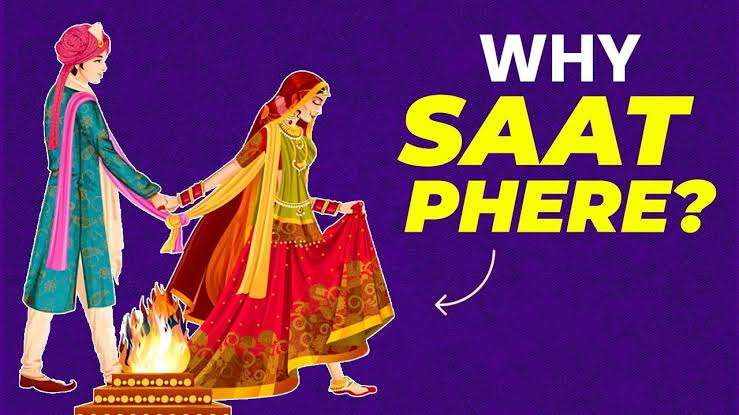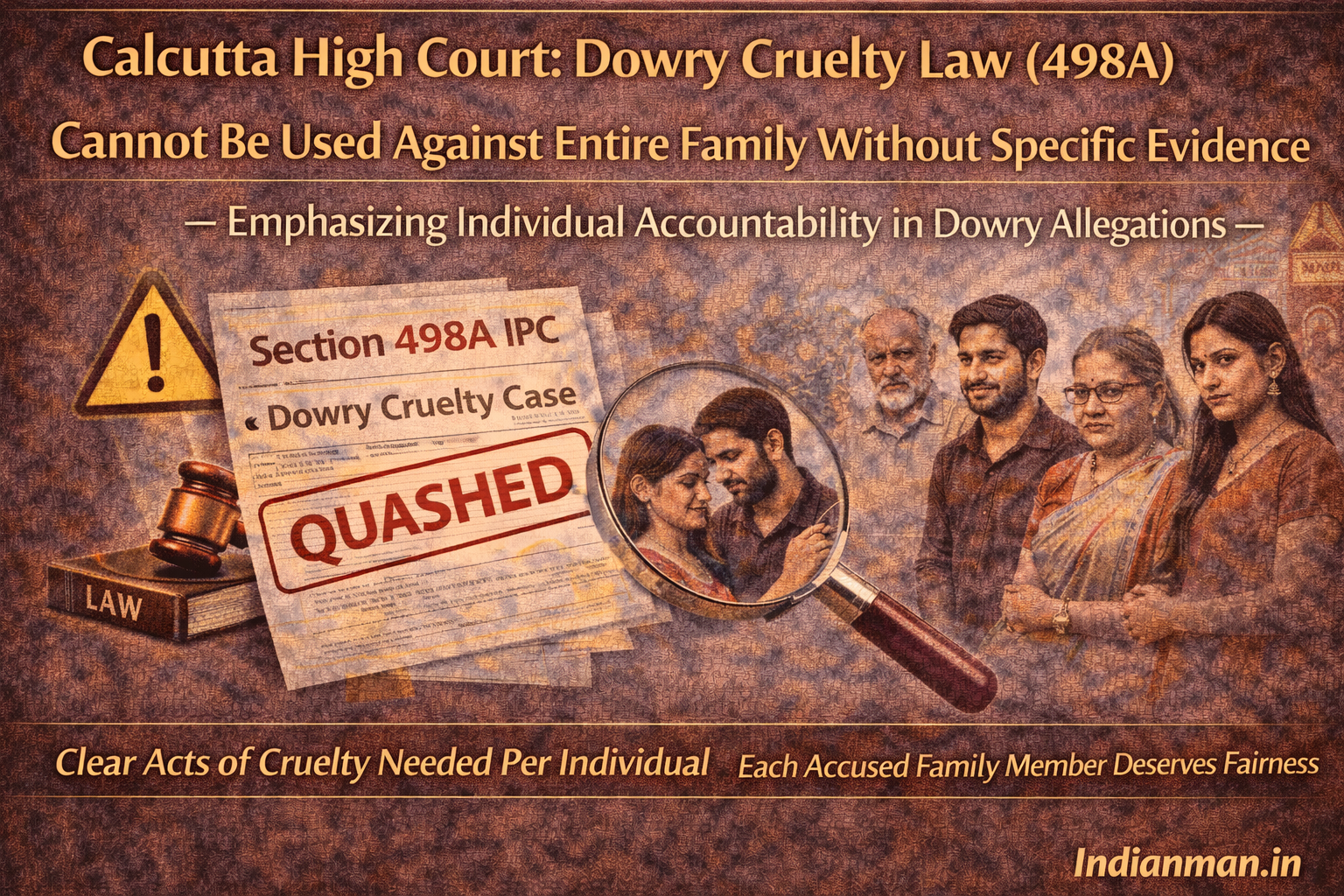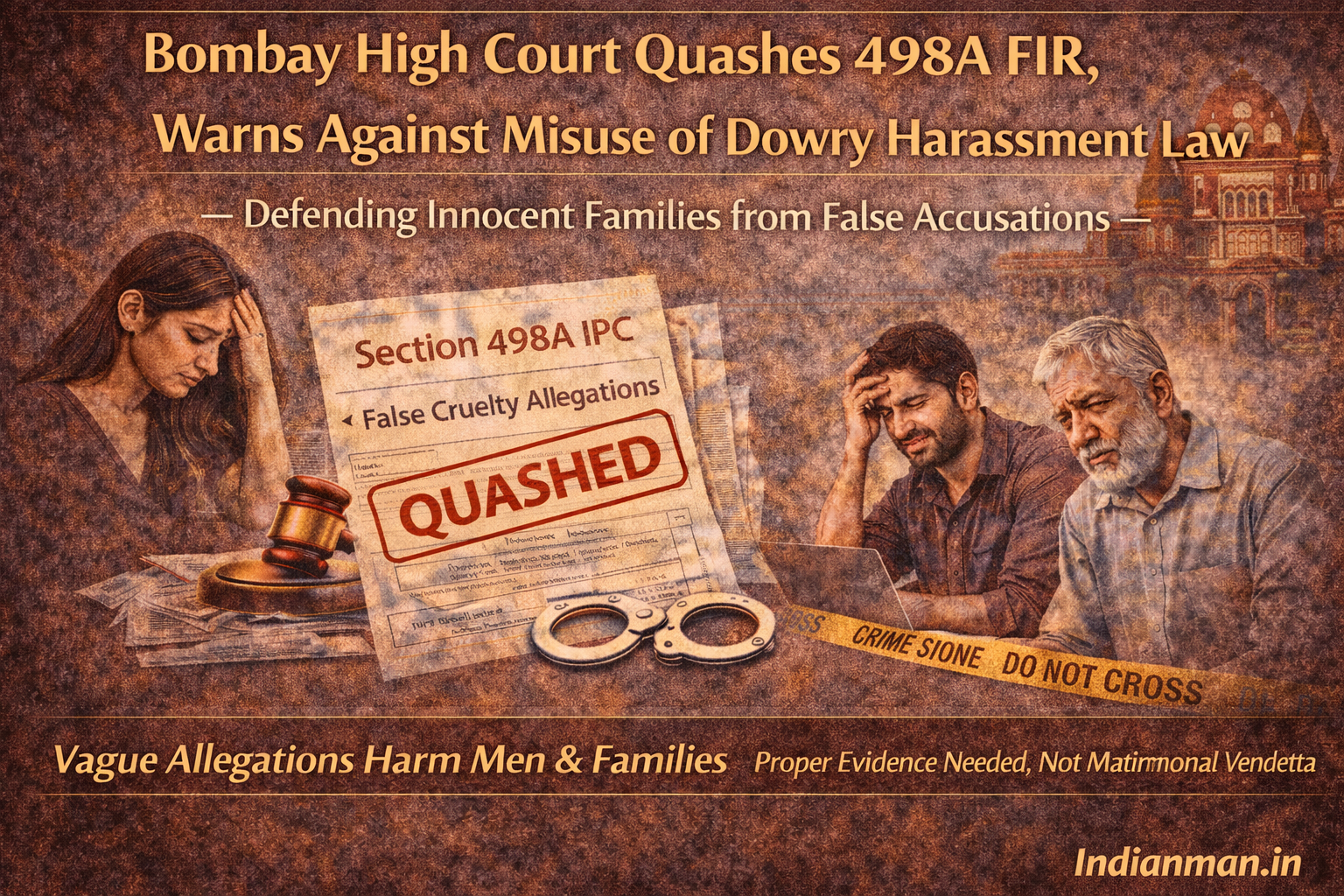In a recent ruling, the Madhya Pradesh High Court highlighted the vital role of the Saptapadi ritual in validating Hindu marriages, clarifying that Hindu marriage is not akin to a contract. This clarification came during the dismissal of a plea aiming to quash an FIR against four individuals under Sections 366, 498-A, and 34 of the Indian Penal Code (IPC).
The accused faced allegations of abducting the prosecutrix/victim, coercing her into coming to Jabalpur, and compelling her to sign documents related to her alleged marriage with petitioner no. 1. Justice Gurpal Singh Ahluwalia presided over the court and carefully considered the presented arguments.
The petitioners argued that a valid marriage occurred through the exchange of garlands (Varmala) and applying vermilion (Sindoor). However, the court observed that no legal provision acknowledged marriage by exchanging garlands.
Emphasizing the significance of the Saptapadi ritual, the court stated that “unless and until Saptapadi is performed, there cannot be said to be a valid marriage in Hindu Law.”
Acknowledging the victim’s allegations as a “prima facie case of a cognizable offense,” the court reasoned that it shouldn’t halt the investigation. Consequently, the court concluded that “no case was made out warranting interference,” and the plea to quash the FIR was dismissed.

Case Title: Ajay Kumar Jain and others Vs State of Madhya Pradesh and others



